In his excellent book
Killing Yourself to Live, the writer Chuck Klosterman argues that “every straight man born after the year 1958 has at least one transitory period in his life when he believes Led Zeppelin is the only good band that ever existed.” I’m not sure how well this generalization holds up in the wider sense, but I do know that it describes me with alarming accuracy. For about eight months during my senior year of high school, I listened to Led Zeppelin’s first six albums on what amounted to a constant loop, and for those eight months, I was Klosterman’s stereotype.
I still love Zeppelin, in fact, though I listen to their music only occasionally now. When I do, I’m quickly reminded of why my 17 year-old ears were so enthralled by them all those years ago. The virtuosity and raw force of their best stuff is still astounding. And like most Zeppelin fans my age, I’ve spent my fair share of time hoping for a reunion tour.
Since the band broke up following drummer John Bonham’s death in 1980, fans, concert promoters, record companies, and even members of Led Zeppelin itself have publicly called for their reformation. At one point, I counted myself among those clamoring for the band to pull it together, install John Bonham’s son Jason behind the kit, and go about the business of getting the Led out once again.
And what a booming business it would be. Billionaire Richard Branson apparently offered the band $800 million dollars to reunite for 35 shows in 2014, and l
ead singer Robert Plant literally tore up the contract. Apparently, Plant – who has always been openly reluctant to such a reunion – said the timing just wasn’t right. This seems like a flimsy excuse, given that the three surviving original band members are a combined 213 years old, making the timing look worse literally every second. In any case, the gesture took whatever writing was on the wall and chiseled it into stone: Led Zeppelin ain’t getting back together.
Which is probably for the best, all things considered. Because even though those shows would’ve (probably) been great and (definitely) made a boatload of money, I’m now convinced that Robert Plant was right to tear up that offer (and any of the others that no doubt came his way over the years).
Why the about face? How could I suddenly decide that I’d rather not see one of my favorite bands of all-time play live?
Simple, really: I listened to all the music Robert Plant made while the outside world begged him to shut up and play the hits. This is where you might expect me to tell you that, even though it’s not quite Led Zeppelin, Plant’s solo work has its own richness and depth that rewards the dedicated listener in profound ways. And that’s true, in some cases. For example, his latest record,
Carry Fire, is a strong entry in the Aging Legend Makes a Better-Than-You’d-Expect Record tradition, which also includes some of Bob Dylan, Johnny Cash, Loretta Lynn, and Leonard Cohen’s late-career albums.
But in a lot of ways, Plant’s solo catalogue can’t get out of its own way, landing squarely on the folkier end of the Led Zeppelin spectrum but failing to reach his old band’s towering peaks. Not that failing to make music as good as the stuff Zeppelin was putting out during their six year peak (1969-1975) is a crime. But even good stuff like
Carry Fire falls into a kind of musical uncanny valley, where sounding a lot like Led Zeppelin without actually
being Led Zeppelin draws even more negative attention to the contrast than if it were something else entirely.
I’m sure Robert Plant knows this. I’m equally sure that he’s ok with this. And ultimately,
that’s what made me so much less bitter about his reluctance to reform one of the loves of my musical life.
Most music fans are pretty selfish. We fall in love with a band or an album, and then we set about crafting expectations for how the next song or next album should sound. And we often use those expectations as whips with which we later excoriate our once-beloved artists when they don’t do what we want. We’ll root for heartache and addiction if we think it’ll generate the raw emotion necessary to make a great record. We’ll root for a band whose members loathe each other to reunite for our pleasure. We’ll moan for years that an artist is taking too long to make an album and then moan some more when it doesn’t sound like the imaginary record we’d been making for them in our heads.
Being angry at Robert Plant for not reuniting Led Zeppelin is just as selfish. From the outside, it looked like every potential barrier had been removed, and it felt like a personal affront that Plant would dare deny his legions of adoring fans the tour they’d been waiting decades for. But if we really want to show appreciation for the music that Plant and his bandmates gave us all those years ago, we should accept his decision and be glad that he’s spent the time since Zeppelin’s heyday trying to build something that exists apart from the thing that will be the first line of his obituary no matter what else his career holds in store. No, his solo work is never going to outshine “When the Levee Breaks” or “The Ocean,” but it’s obvious that endlessly replaying his youthful glory years on stage wasn’t going to bring him the satisfaction he’s found in those records post 1980.
So if I'm truly thankful for all that time I spent blaring Zeppelin's best albums from my car speakers in high school and college, I shouldn't begrudge Robert Plant his solo dalliances. For the first time in a decade and a half, I don't.



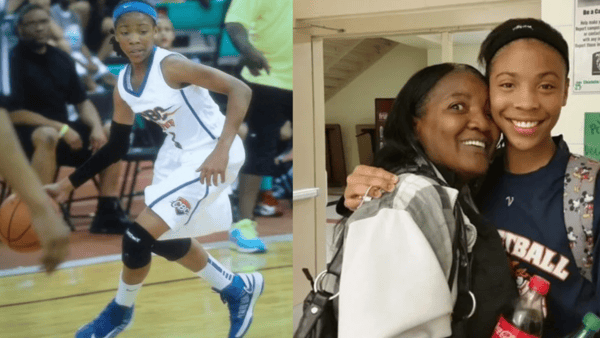
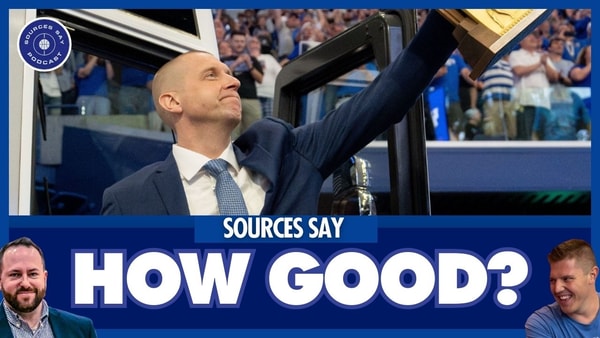

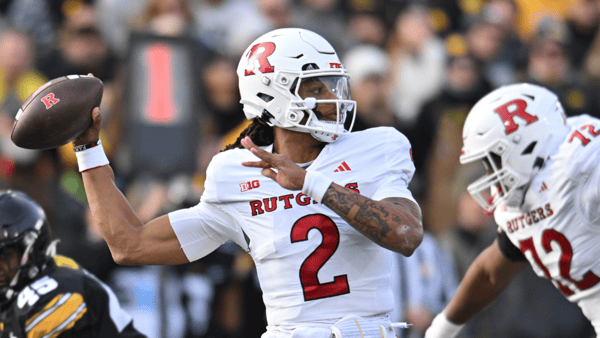
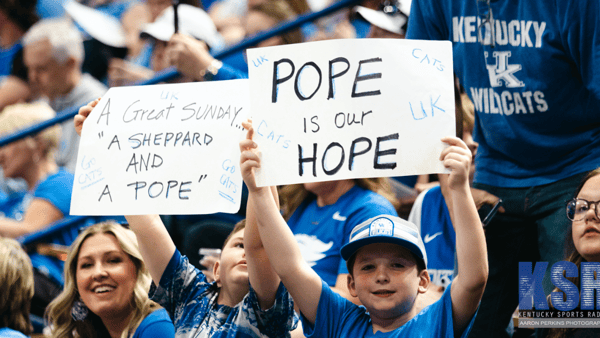
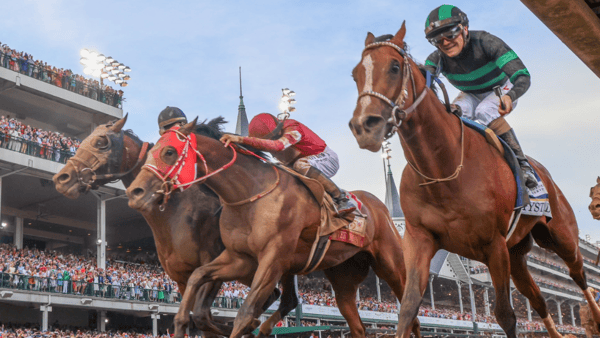
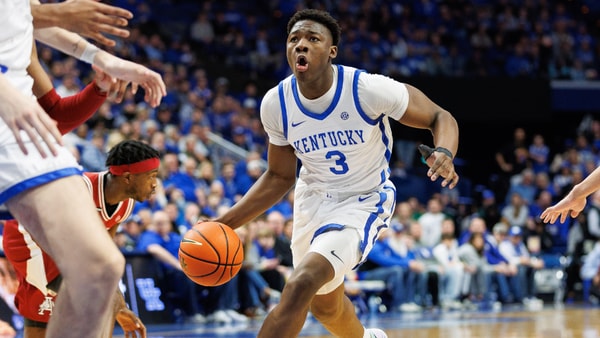
Discuss This Article
Comments have moved.
Join the conversation and talk about this article and all things Kentucky Sports in the new KSR Message Board.
KSBoard